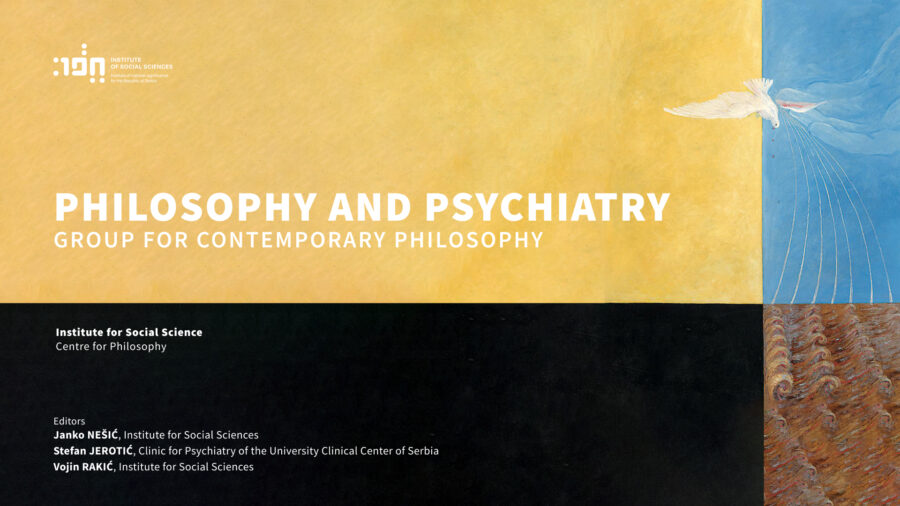In his presentation, Dr. Federico Burdman will argue, from a philosophical perspective, for an externalistic view of addiction.
The impairment of the ability to control drug-related behavior lies at the heart of both the clinical and everyday concepts of addiction. In this paper, I argue that the (partial) failure of ability that we see in addiction is best understood by attributing it not to the intrinsic properties of the agent but to the way in which the agent interacts with a certain range of environmental conditions. In short, I argue for an externalistic view of addiction. My starting point is the wealth of evidence on the significant impact of social, situational, and environmental factors on the extent to which people with addiction can control their drug use. I briefly discuss some of the key empirical findings: the impact of socioeconomic deprivation, situational stressors, and the availability (or lack thereof) of rewarding alternatives, as well as the key therapeutic role of socio-environmental interventions.
The basic thrust of the externalistic approach is that socio-environmental factors play such a prominent role in determining clinical outcomes that they might be aptly cast as constitutive of the phenomenon itself. However, rather than articulating my view in terms of a problematic causal/constitutive distinction, I propose to reframe the issue in terms of a different but related question: Is there a relevantly close possible world in which, given a different set of external conditions, someone correctly diagnosed with addiction no longer suffers from impaired control? A positive answer, I suggest, gives sufficient bite to the idea that the correct approach to addiction is externalistic. Before concluding, I briefly discuss some implications of my proposed account. Theoretically, the externalistic view promises to find a much sought-after middle ground between the two main foes of addiction theory: compulsion and choice theories. And it also carries with it a call for an ethical self-examination. If addiction has more to do with a range of environmental conditions than we used to think, this suggests a pressing question: what are we doing to make actual the possible worlds in which addiction is not (so much of) an issue?
Bio: Federico Burdman is an Assistant Professor in the Department of Philosophy at the Faculty of Philosophy and Humanities of the Universidad Alberto Hurtado in Santiago, Chile. He specializes in the philosophy of mind, the philosophy of action and the philosophy of psychiatry. His current research focuses on addiction and other forms of agency under non-ideal conditions.

